Why Airplane Insurance Is Important
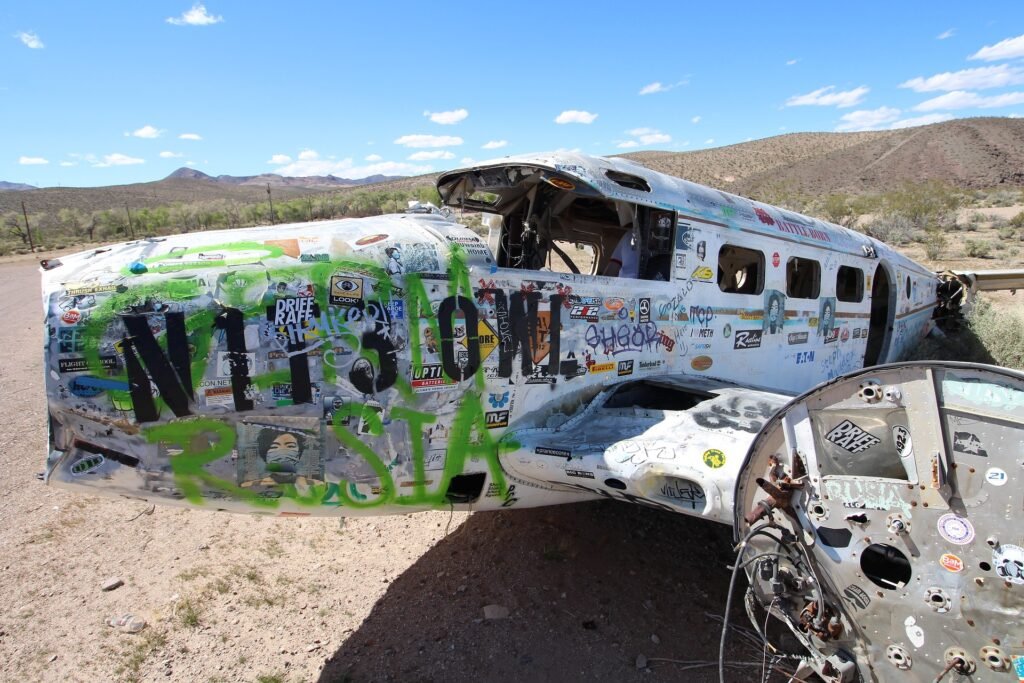
In this great Aviation Industry, The selection of appropriate airplane insurance is essential. This is a core task for protecting your aircraft, aviation business, cargo, and passengers. Insurance plans can also include pilots and other crew members. Just like your car, unpredictable events can occur. Whether they are natural causes or human-caused accidents, aircraft are susceptible to accidents. As most people know, aviation can be very expensive. One “small” incident can easily cost an individual $10,000 or more! Furthermore, aviation insurance covers third parties such as people on the ground, crops, and property damaged by a crash.
Therefore, all these selections should be carefully considered by operators of commercial airlines or private owners, to prevent problems and conflicts to be encountered in future accidents to save businesses and aircraft.
Aviation Insurance Coverage
Aviation insurance normally covers the necessities or requirements that are helpful for:
- Owners
- Operators
- Pilots
- Renters
- Students
- Flight schools owners
An unpredicted accident can happen anytime! Nobody knows its hazards will harm your life or business. No matter how someone is involved in aviation, airplane insurance can be beneficial.
Acquiring Appropriate Aviation Insurance Coverage
Acquiring appropriate coverage depends on your mission or expected task. It is important to always choose aircraft insurance as per your budget and consider your payable list of expenses. Moreover, choosing an insurance policy depends upon the extent of coverage you required.
Do comprehensive research about your insurance need, aviation regulation, and insurance companies. Knowing the rates that can work within your definite budget is also important,
Choose the company where you feel secure and that covers all areas of future liabilities. Moreover, look out for companies that will provide hassle-free processing of documents and lesser paperwork.
For Owners Wanting Airplane Insurance
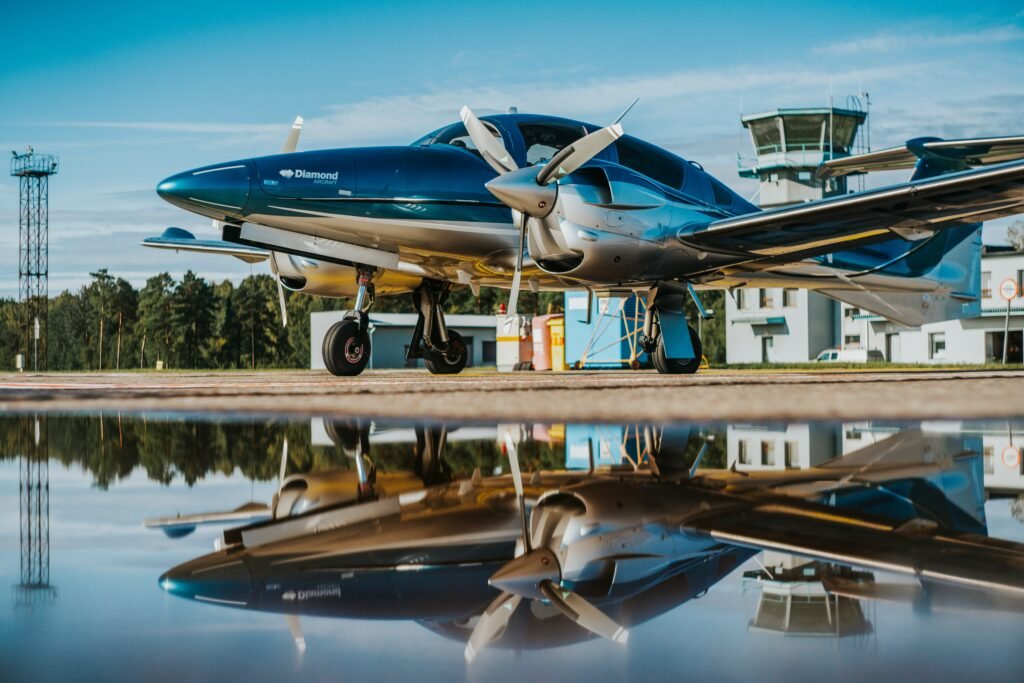
Aircraft owner insurance should cover all aircraft categories:
- Airplane
- Rotorcraft
- Glider
- Lighter than air (balloons and airships)
- Powered lift
- Powered parachute
- Weight-shift control aircraft (hang gliders and ultralight trikes)
Moreover, as an owner, I recommend having some form of hanger insurance to secure the locations where your aircraft is parked. Also, within the aircraft premises, you should have, for example, hanger keepers insurance for their safety and welfare.
For Renters
For aircraft renters, you should have renter airplane insurance for your beneficiary’s protection at the time of a potential accident. For example, you might have your private pilot license, but do not own an aircraft. However, you frequently rent planes from a flying club. While renting, you are responsible for bringing back the aircraft in the same condition you found it. If any mishaps were to happen, then renters insurance can help cover them.
For Students
If you are a student pilot, it’s a requirement for some flying clubs or flight schools to have non-owned aircraft insurance for student protection if something was to happen during training courses.
Private VS Commercial Aircraft
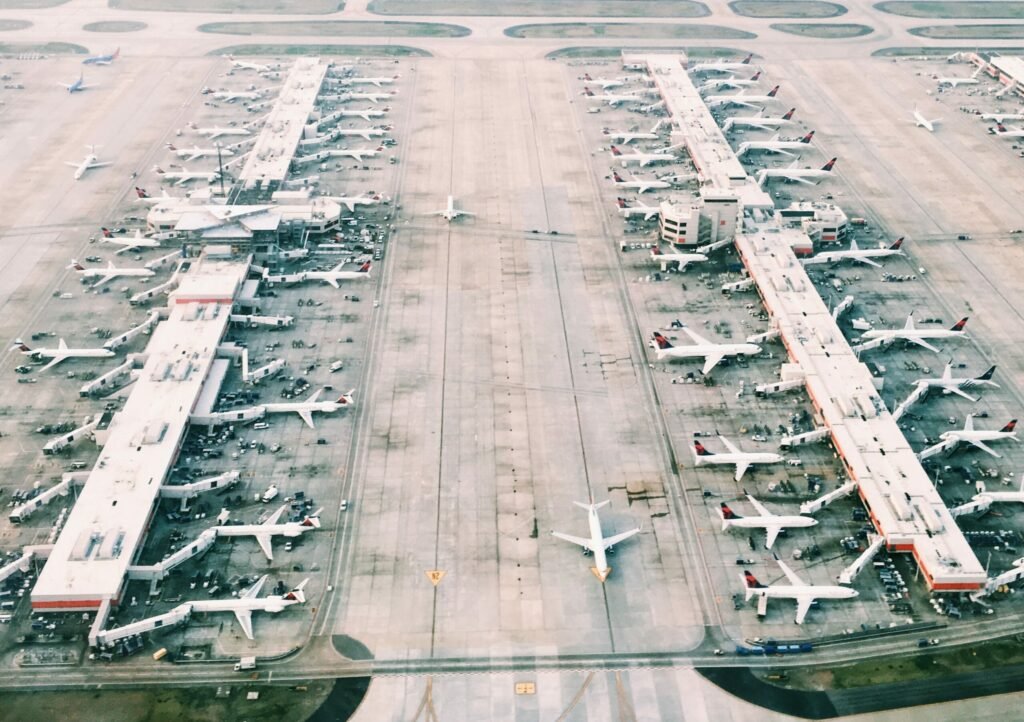
Aviation private business and their fleet serve a core role in the Aviation industry, as their traveling experience is higher than flying first class on commercial aircraft. They have complete control of their journey and independent time scheduling. Private jets repeatedly fly to special destinations where commercial aircraft don’t. These activities derive some more risks than commercial airlines fleet. This means that serving them to get enough liability insurance can be challenging for insurance companies. Private companies encounter more risk, but still, many insurance companies are providing the coverage they need.
LIABILITY COVERAGE
Liability Insurance
Liability insurance delivers cover against loss of aircraft, impairment, or damage to third parties (including passengers, cargo, mail, and baggage). Even though many insurers provide somewhat dissimilar policy limits from other insurers, it varies from company to company. It is a legal prerequisite for aircraft to have a minimum amount of liability insurance for flying in the UK, for example. Different countries have their own rules and regulation.
Hull Insurance
Hull insurance covers the impartment and loss or crash of your aircraft. Hull insurance policies are normally settled on a decided value basis. This means the value of the aircraft is decided in advance with the agreement. In the accident of a total loss of aircraft, the insurer will pay pre-decided worth or amount, rather than the recent market value of the aircraft.
Additional Insurance
In addition to the standard aviation insurance, private and commercial airlines owner can get other additional insurance. Insurance relating to maintenance, crew, and other areas are all options that can be provided.
Aviation Hull War Insurance
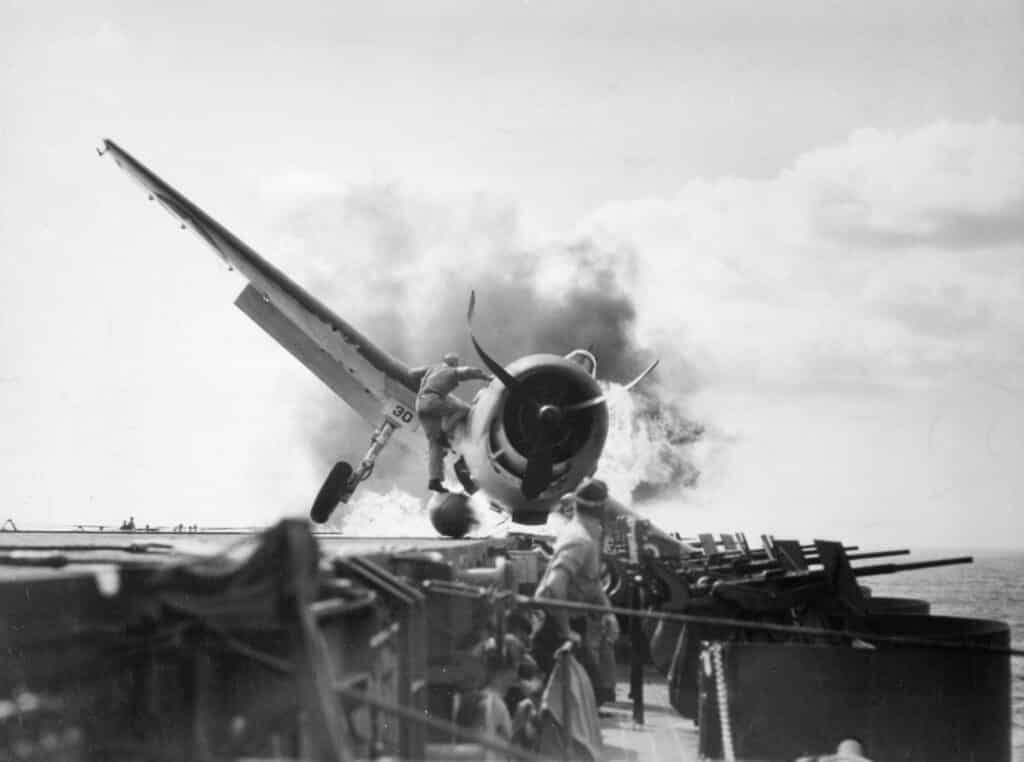
This additional hull war insurance policy delivers cover for the loss of the aircraft due to:
- War
- Hijack
- Confiscation
- Malicious damage
- Other similar risks
Private jets repeatedly fly to more unscheduled destinations, whereas commercial airline aircraft do not. Special companies that provide unique services tend to consider these additional policies.
Crew Insurance
Most insurance companies avoid providing insurance to control cabin cockpit crew and cabin crew. This insurance also includes loss of license cover, travel, and personal accident coverage. Companies with a crew of pilots and flight attendants will seek this coverage.
3rd Party Insurance
Third-party aviation insurance covers the damages done by crashed aircraft to 3rd party assets. This include:
- Houses
- Cars
- Crops
- Airport facilities
- Other aircraft that was struck in an accident
Passenger Liability Insurance

Passenger liability covers the passengers onboard a flight that has been hurt or even killed. In several countries, this coverage is compulsory only for commercial or large aircraft. Moreover, it also includes baggage, cargo, and mail belongings from passengers.
Ground Risk Hull Insurance Not In Motion
Ground Risk Hull Insurance delivers coverage for the insured aircraft in contradiction of damage when it is on the ground. This would offer fortification for the aircraft for such actions as:
- Fire
- Theft
- Vandalism
- Flood
- Mudslides
- Animal damage
- Wind or hailstorms
- Hangar collapse
- In insured vehicles/aircraft striking the aircraft
Ground Risk Hull Insurance In Motion
This delivery coverage is related to ground risk hull insurance, not in motion, but delivers coverage while the aircraft is taxiing, or pushing back before taking off. For example, if an aircraft hit a light pole while taxing, this would be the coverage to fix the damages.
Factors Affecting Aviation Insurance Rate
Following factors that increase insurance rates:
- Insurance market loss
- Reduced claims history
- Pilot and crew experience
- High attritional losses
- Operations to/from high liability regimes
- Large hull values (mostly regarding rotor wing aircraft)
- Grounding of a major portion of a fleet
- Greater risk geographies
- Risks that are rated unprofitably
COVID-19 Pandemic Impact
Generally, for general aviation (GA), in terms of fatalities, the year 2020 was one of the safest years. This was due to reduced flights as a consequence of the pandemic. In 2020, there were 31 major accidents, killing 56 people, and 54 accidents when including turbine helicopters. However, they were 133 fatalities in 2019. because of this, aviation insurers increased the insurance rates in 2021 to balance the impact of COVID-19. When airlines were globally grounding their fleets, it was a major impact on unprofitability to insurers.
Airplane Insurance Is Necessary!
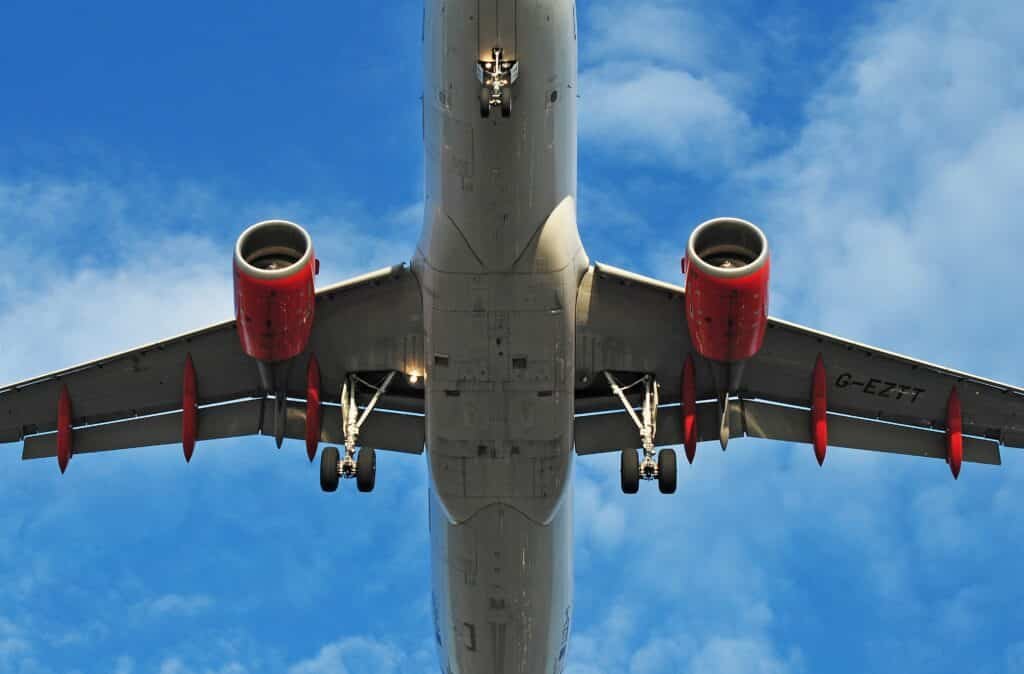
Insurance will provide comfort and a secure feeling. Wheather it is your aircraft or you are renting, it provides peace of mind about the safety of your business and personal assets. It is just up to you to choose the company where you feel secure and that considers and covers all areas of future liabilities, as per your requirements. Check out our recommended aviation insurance companies here! Aviation incidents and accidents are stressful. You do not want to add stress by not having insurance!